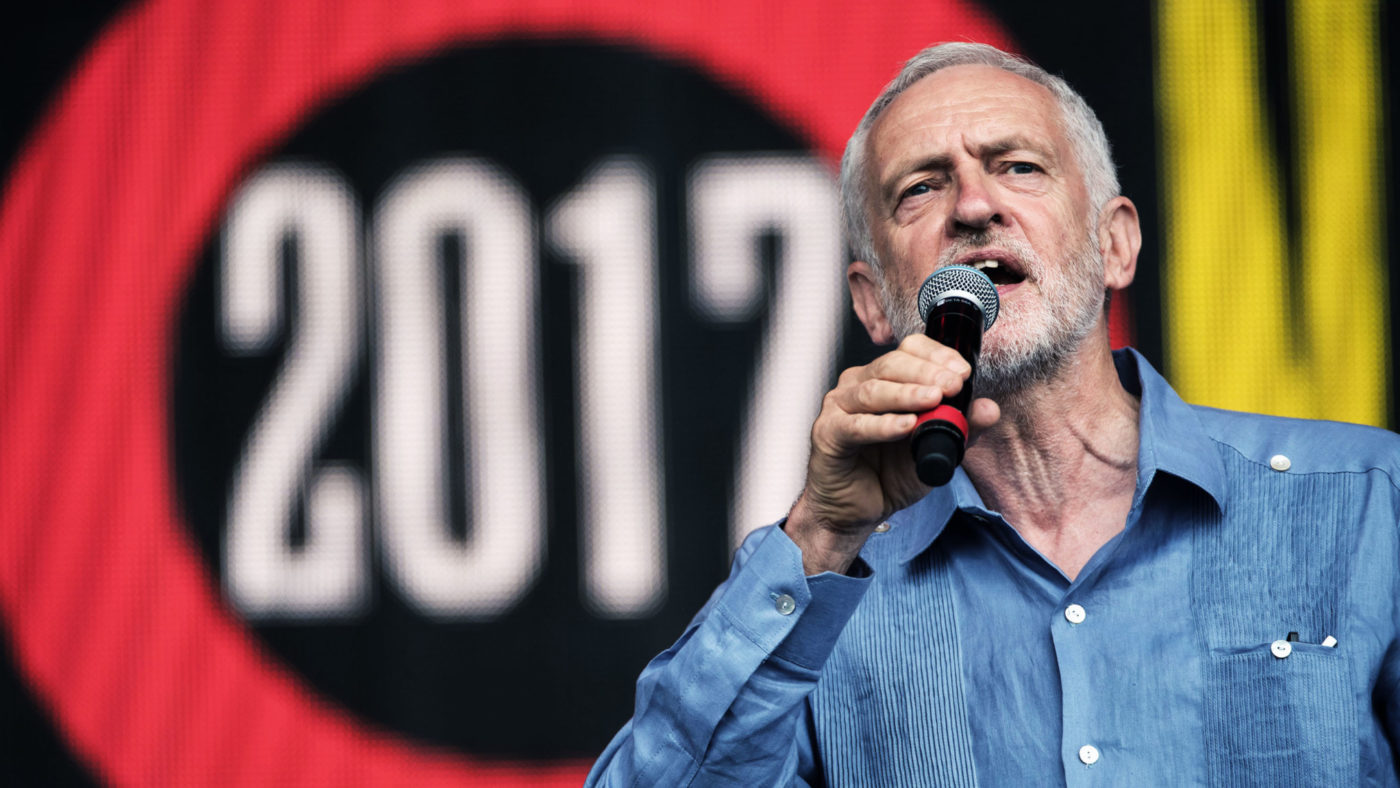CapX is built on a belief in popular capitalism, the idea that the combination of the market, innovation and competition, mixed with liberal democracy, is really the only game in town if you want people to live longer, happier, freer and more fulfilling lives.
And so the natural question to ask in the last CapX briefing of the year is whether 2017 been a good year for that set of ideas.
With an economic nationalist in the White House and a Europhile with a penchant for protectionism in the Élysée Palace, there is plenty to be gloomy about. Although the former is proving mercifully ineffectual and the latter at least understands the domestic reforms France needs.
Meanwhile, the loudest cheerleader for international trade is the General Secretary of the Chinese Communist Party. Paradoxically, that is both a demonstration of trade’s triumph and as sure a sign as any that economic liberalism – whether that means free trade or free markets – is hardly the most fashionable idea going at the moment.
In Britain, the rise of Jeremy Corbyn would appear to be very bad news for popular capitalism. The self-styled “Prime Minister in Waiting” may be further from power than he thinks, but as long as he and John McDonnell have control of the Labour party, we are all living in a house with a wrecking ball hanging over it. And the problem is deeper than any particular politician or party. Poll after poll demonstrates the low opinion British voters have of capitalism.
The Conservatives’ lost majority makes governing harder for the only party remotely fit for government at the moment. But things could be worse. Corbyn did actually lose (whatever he may claim), while Mayism – which had more in common with Miliband than Maggie – threatened to win a whopping great majority but proved to be a recipe for ballot box disappointment.
Since the vote, Conservatives have realised that if they are going to be the party most associated with the market, they should probably have some nice things to say about it.
The more thoughtful among them also realise that Corbynmania cannot be explained away as a combination of youthful idealism and historical ignorance. They understand that there are economic drivers to Corbyn’s popularity. The housing crisis and student debt are two of the most frequently cited examples. And unless they come up to answers those problems, it will be a question of when, not if, Corbyn or someone like him triumphs.
In other words, this has at the very least been a year in which those of us who appreciate the power of the market have been jolted out of complacency. We’ve been forced to accept that some of what seems so obvious to us is far from clear to others. If 2017 was the year we realised we had to fight the battle of ideas all over again, let’s hope 2018 is the year we start winning it.
This article is taken from CapX’s Weekly Briefing email. Sign up here.


